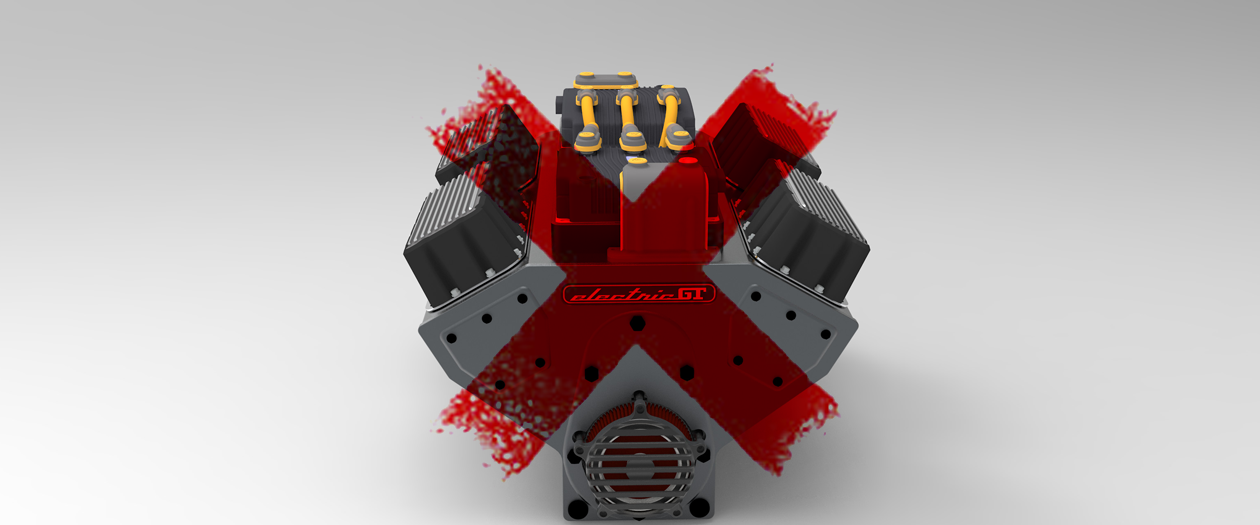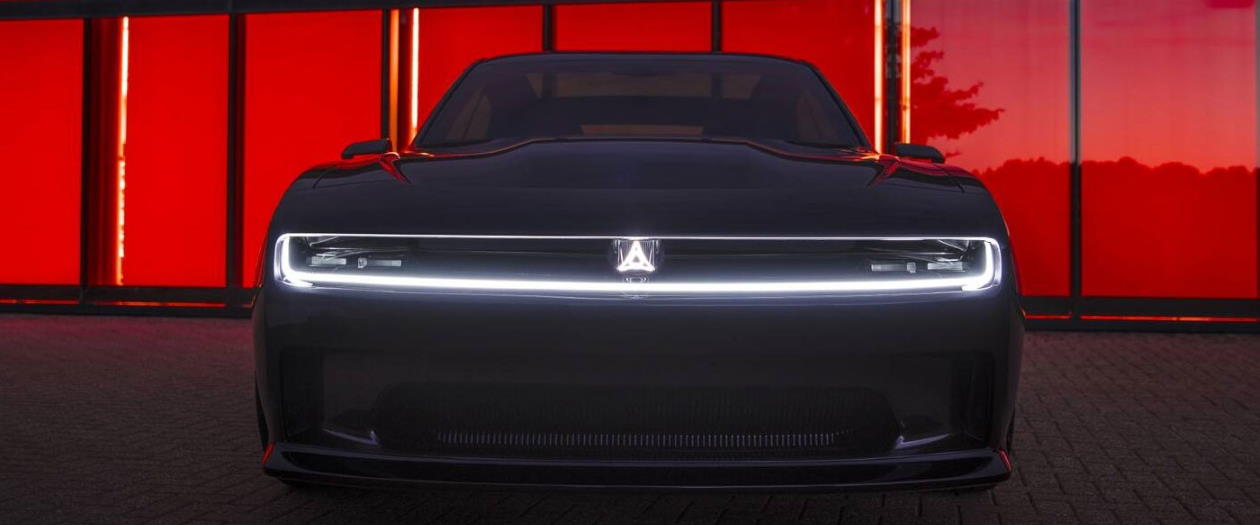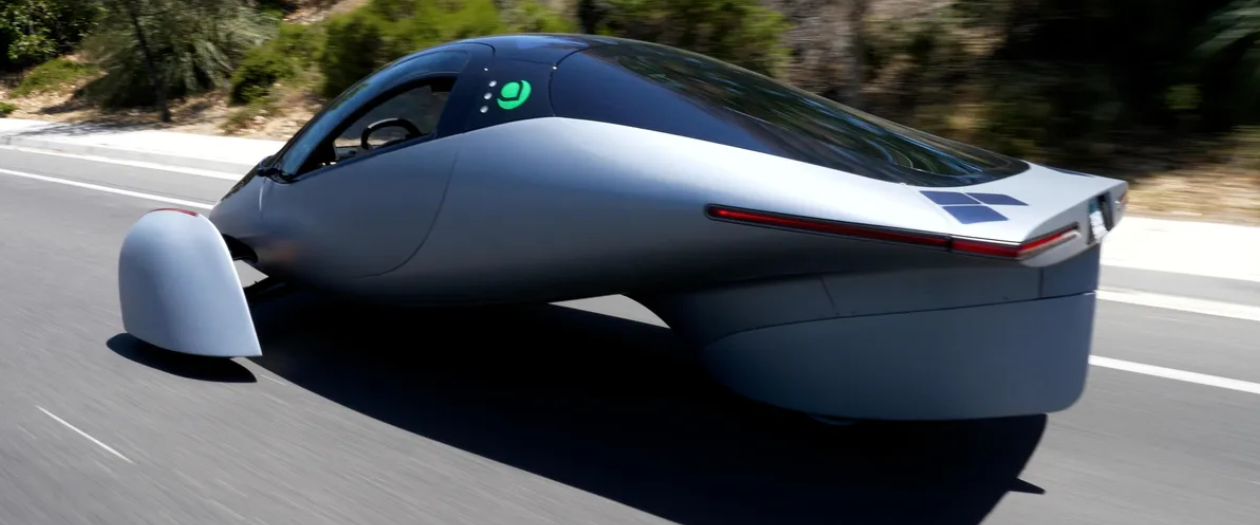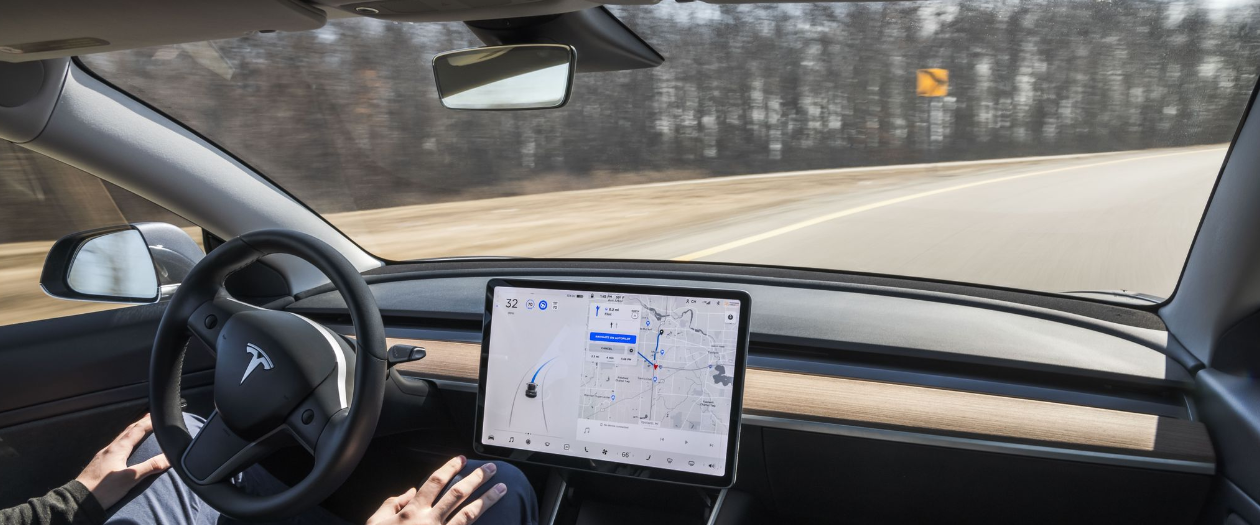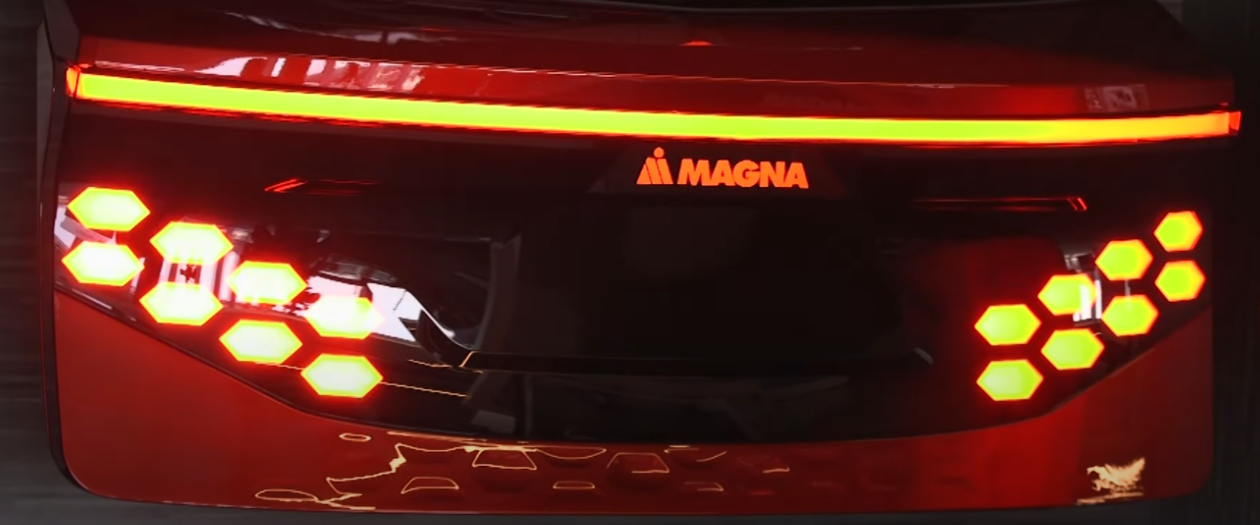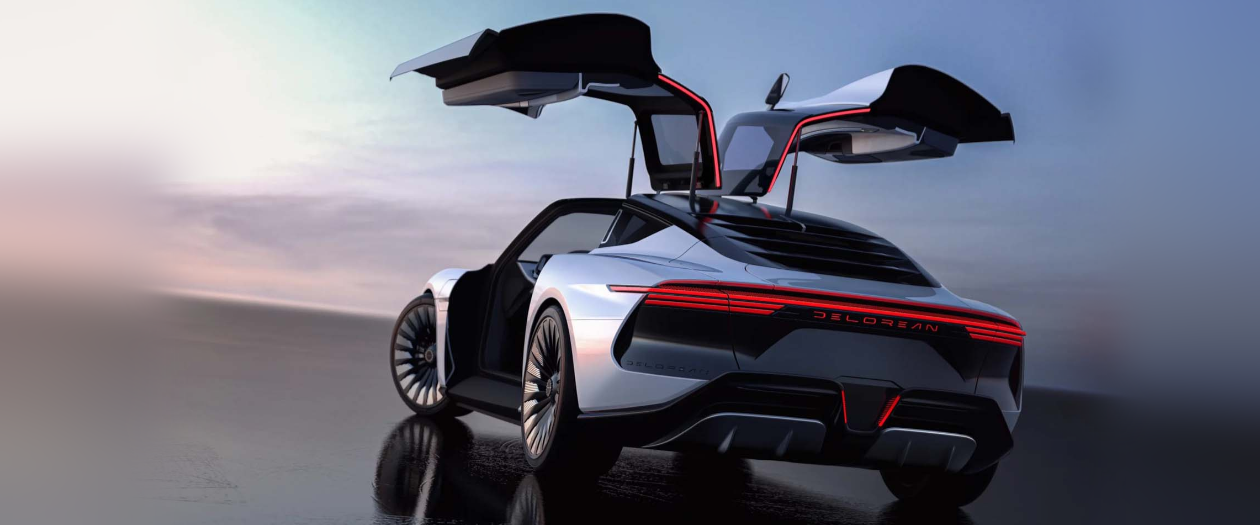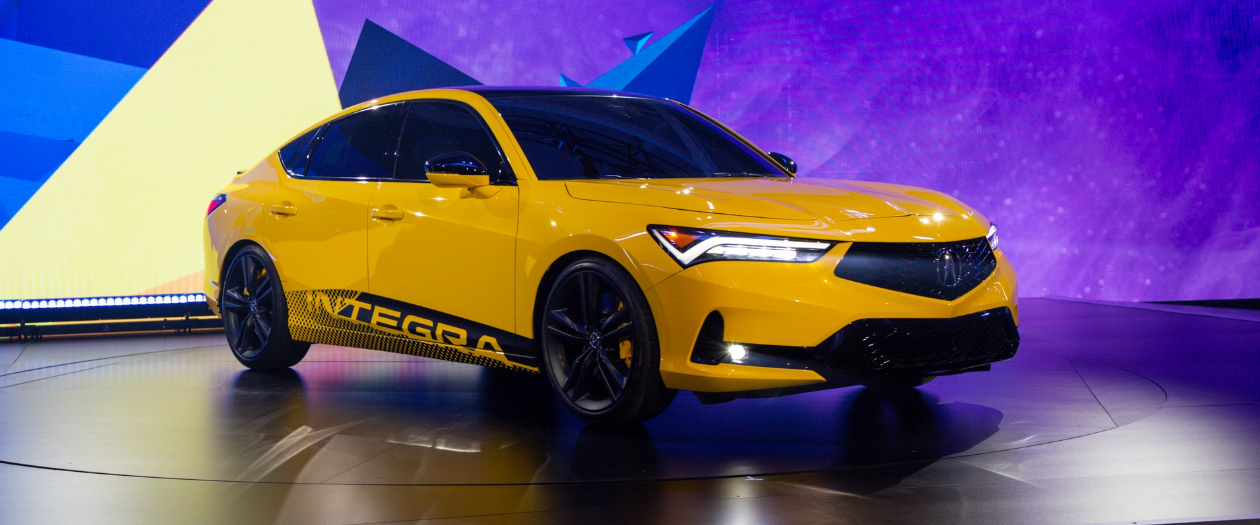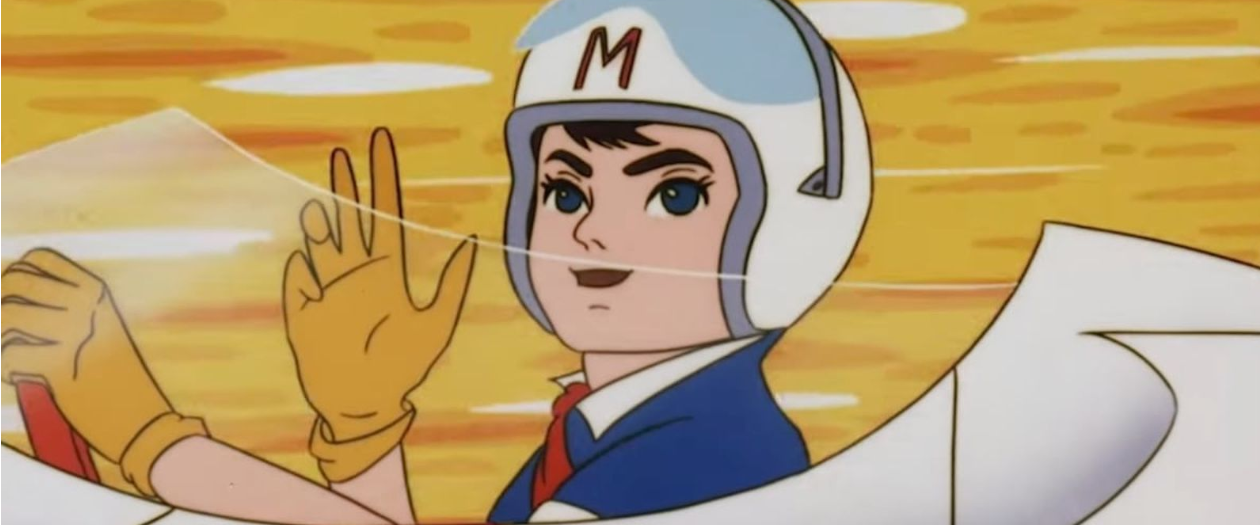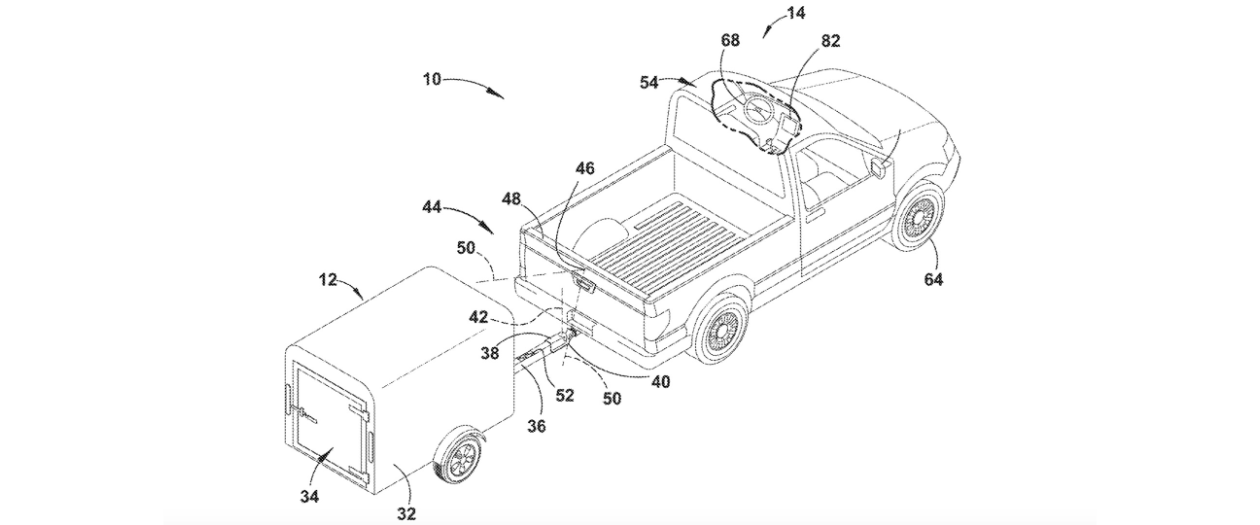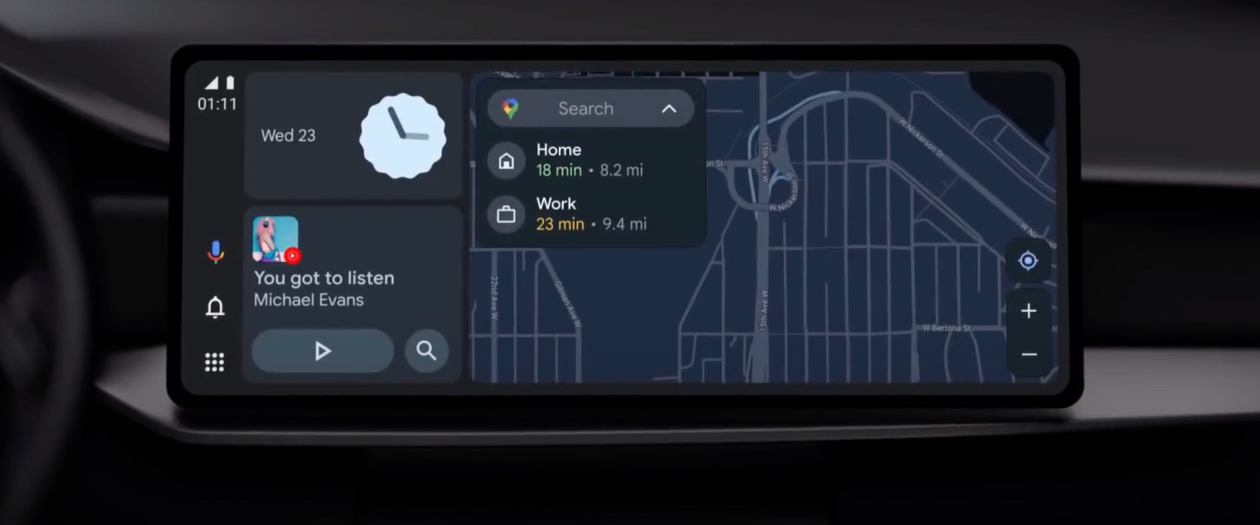Remember not long ago, when we talked about a modular electric engine? It was being produced with the intention of replacing the original motors in classic cars. This, in theory, would allow enthusiasts to still enjoy classic vehicles in a future of electric cars.
But FIVA doesn't agree with this idea. The Fédération Internationale des Véhicules Anciens, an international organization for historical vehicles, believe that it's no longer a classic car if it has a new engine.
According to a statement released last week by Vice President Tiddo Bresters, the entirety of a car determines its classic status, not just the exterior bits.
"It is not, in our opinion, the shape or body style of a vehicle that makes it ‘historic’, but the way in which the entire vehicle has been constructed and manufactured in its original form."
FIVA believes that for a car to be considered historic, it has to meet the following criteria.
- Mechanically propelled
- At least 30 years old
- Preserved in a correct and accurate condition
- Not used for daily use
- Considered of technical or cultural heritage
The organization has added a stipulation to this mindset, saying that any classic car that has been electrified will be given a stamp of approval if they undo the modification and restore the previous combustion engine.
It comes as little surprise that an organization dedicated to tracking old vehicles might have a bias against new technology. Fortunately, we're not exactly looking for FIVA's approval. So we remain in full support of electrifying a classic car if the owner wants to.
